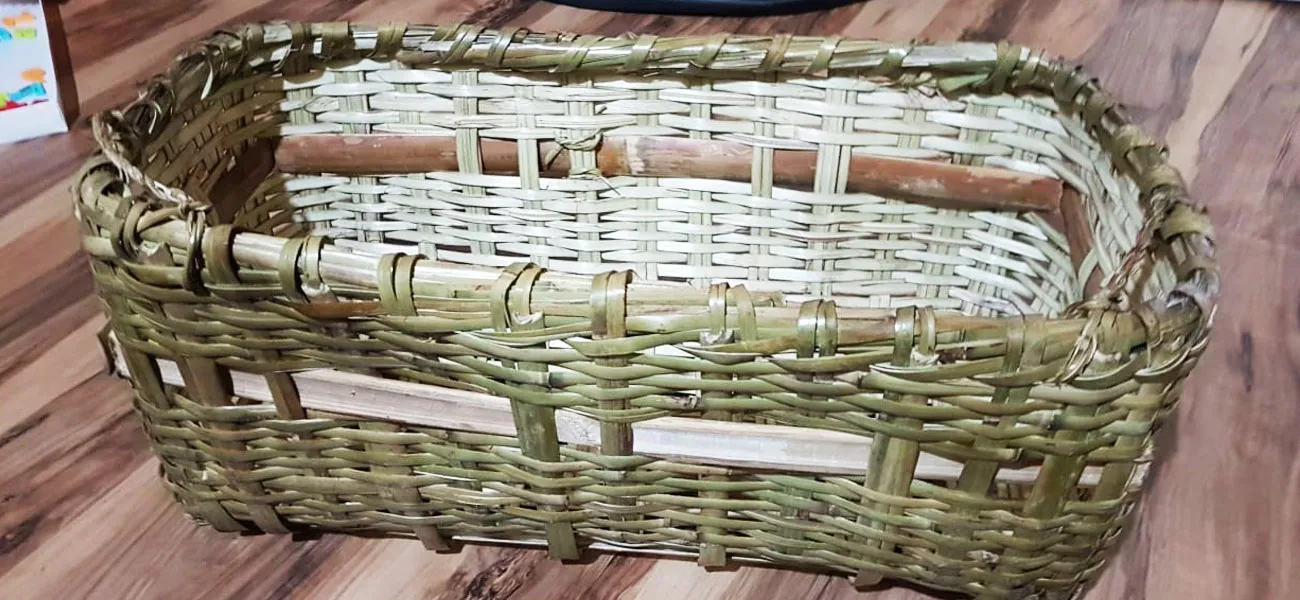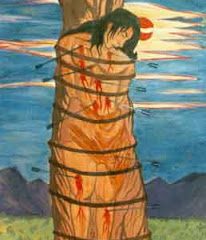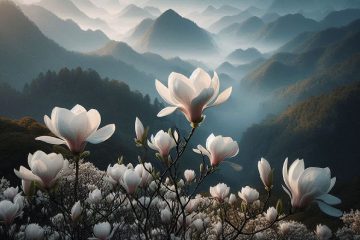Yangdang Phongma, the revered Limbu ritual deeply embedded in tradition and spirituality, serves as a profound symbol of purification not only for the newborn and mother but for the entire household and close relatives as well. The ceremonial significance of this ritual extends beyond mere cleansing; it also marks the auspicious moment for the formal naming of the newborn, a practice intricately entwined with the cultural and spiritual beliefs that define the Limbu community’s identity.
The meticulous unfolding of the Yangdang Phongma ritual is a testament to the care and reverence with which each step is undertaken. The day begins with the mother, affectionately known as Sakewamma, engaging in a purifying bathing ritual at dawn, symbolizing the ceremonial act of purging impurities to invite fresh beginnings and blessings. Similarly, the tender cleaning of the newborn underscores the utmost importance placed on purity and sanctity within Limbu tradition, setting the tone for the sacred proceedings to follow.
Following these initial cleansing rituals, a series of symbolic gestures are solemnly performed to invoke blessings and shield the newborn from harm. Water sourced from seven sacred springs, referred to as “Chirakphek Chwa,” is delicately sprinkled throughout the household, using revered plants like Samyok and Namyoba to purify and protect. Guided by the Phedangma, a figure of great respect within Limbu culture, the purification ceremony unfolds with spiritual depth and divine benediction, infusing each moment with significance and reverence.
As the purification ritual progresses, prayers are fervently offered to the supreme divinity Yuma and other guardian deities, imploring for the well-being and protection of the newborn and the family at large. This spiritual invocation reflects a profound sense of veneration and gratitude for the sacred gift of life bestowed upon the household, reinforcing the interconnectedness of the community with the divine forces that govern their existence.
An emotional pinnacle of the Yangdang Phongma ritual lies in the act of bestowing a name upon the newborn. The Phedangma, guided by spiritual intuition and a deep respect for tradition, selects a name that encapsulates the circumstances of birth and is believed to shape the child’s future destiny and character. These names hold profound meanings, woven with threads of heritage and spirituality, symbolizing the continuity of generations and the enduring legacy of Limbu culture.
Subsequent to the solemn naming ceremony, the ritual of presenting light to the newborn begins. Elder relatives, bearing the precious bundle in new attire, gently guide the infant through the threshold, signifying the introduction to the world and its boundless blessings. Whispered words of blessings and hopes for the child’s prosperity and well-being fill the air, instilling a sense of communal love and support within the gathered kin.
The tranquil atmosphere deepens as preparations are made for the hanging of the cradle, adorned with significant elements like a shell from a snail to safeguard the baby’s spirit and sometimes infused with protective medicinal herbs. The gentle sway of the cradle not only lulls the child into peaceful slumber but is also believed to ward off evil influences, creating a cocoon of safety and positivity around the precious newborn.
The culmination of the Yangdang Phongma ritual is marked by a joyous feast shared amongst relatives and guests, a communal celebration that embodies the unity and warmth of the Limbu community. These shared moments of gastronomic delight and heartfelt interactions underscore the harmonious connection between past, present, and future, emphasizing the enduring bonds that bind together generations through time-honored traditions and shared values.
In the contemporary context, the Limbu birth ritual has gracefully embraced a harmonious fusion of Hindu, Buddhist, and traditional Limbu customs, reflecting the evolving cultural tapestry and the fluid interplay of diverse spiritual influences within the community. While adapting to modern nuances, the essence of the Yangdang Phongma ritual remains steadfastly grounded in Limbu heritage, a poignant reminder of the timeless bonds between generations and the unwavering spirit of tradition that continues to shape the collective identity of the Limbu people.




